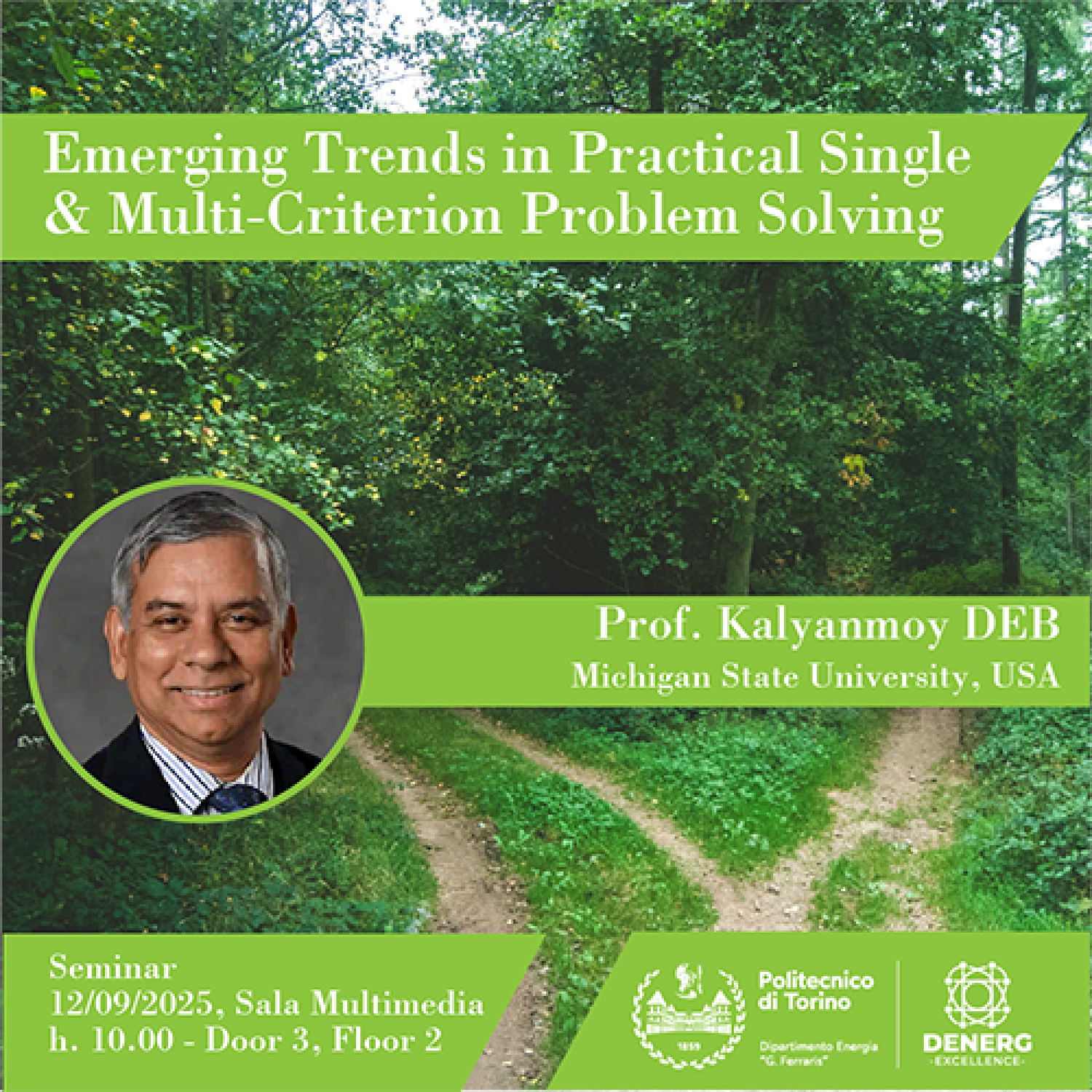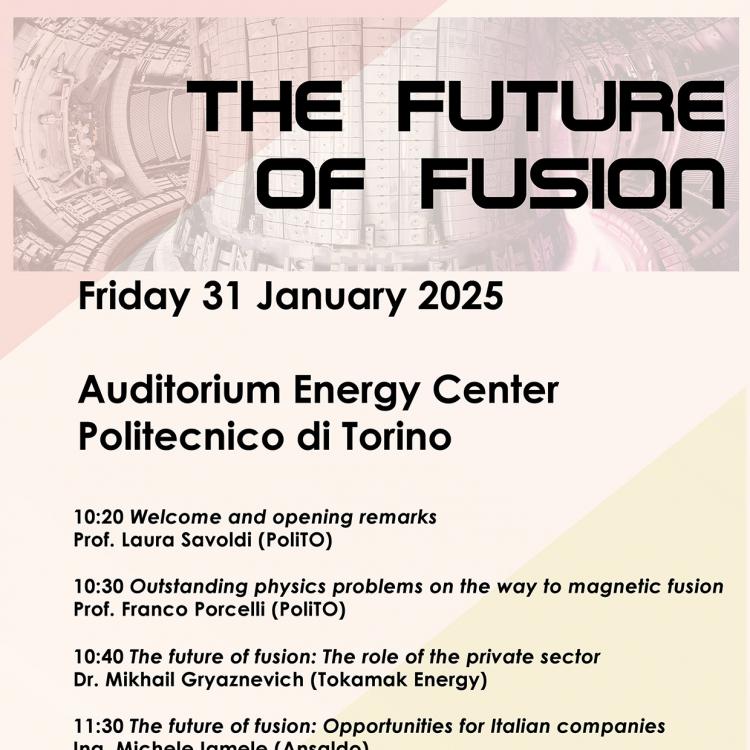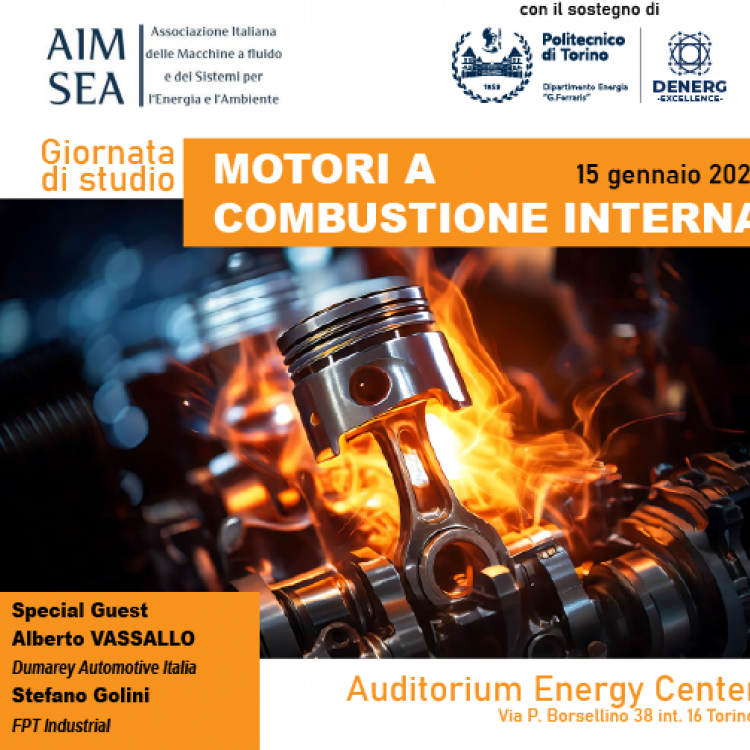Emerging Trends in Practical Single and Multi-Criterion Problem Solving
Do you want to know more on Emerging Trends in Practical Single and Multi-Criterion Problem Solving?
Prof. Kalyanmoy Deb will introduce the concept of evolutionary single and multi-criterion optimization problems and demonstrate their niche in solving business and engineering problems by demonstrating on real-world problems.
Abstract: Most practical business or engineering problems are complex and demand a computationally efficient and generic method to be used for their routine solution. Evolutionary computation methods are emerging to be effective due to their flexibility, population approach and parallel search abilities. In this lecture, we shall introduce the concept of evolutionary single and multi-criterion optimization problems and demonstrate their niche in solving business and engineering problems by demonstrating on real-world problems -- a resource allocation problem involving billion integer variables, an engine design problem involving six criteria, and a land use management problem using 14 objectives with an astronomically large search space. Recent use of AI and machine learning methods in aiding the performance of optimization methods will also be discussed.
Bio-sketch: Kalyanmoy Deb is University Distinguished Professor and Koenig Endowed Chair Professor at Department of Electrical and Computer Engineering in Michigan State University, USA. Prof. Deb's research interests are in evolutionary optimization and their application in multi-criterion optimization, modeling, and machine learning. He was awarded IEEE Evolutionary Computation Pioneer Award for his sustained work in EMO, Infosys Prize, TWAS Prize in Engineering Sciences, CajAstur Mamdani Prize, Distinguished Alumni Award from IIT Kharagpur, Edgeworth-Pareto award, Bhatnagar Prize in Engineering Sciences, and Bessel Research award from Germany. He is fellow of ACM, IEEE, ASME, and three Indian science and engineering academies. He has published over 640 research papers with Google Scholar citation of over 230,000 with h-index 146.
More information about his research contribution can be found from https://www.coin-lab.org.



